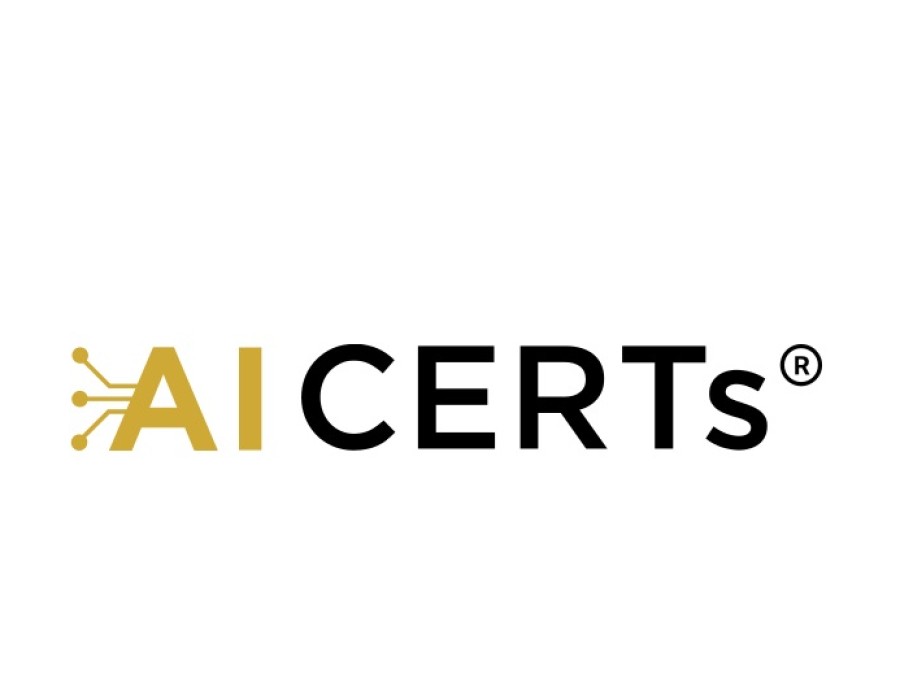The rise of generative AI has fundamentally changed how products are built, tested, and scaled. From user experience to backend automation, AI has moved beyond being a supportive tool to becoming the backbone of digital products. While developers and data scientists have always been seen as the driving force behind AI adoption, product managers are now stepping into the spotlight.
For product managers, the ability to direct AI systems with clarity and precision is not a luxury—it is becoming a core competency. This is where prompt engineering comes into play. Crafting, testing, and refining prompts to guide AI models directly impacts outcomes, product usability, and customer satisfaction.
Prompt engineering is more than writing clever instructions; it is about understanding the capabilities of large language models (LLMs), anticipating user behavior, and aligning outputs with product strategy. As businesses race to integrate AI into every touchpoint, product managers who master this skill position themselves as indispensable leaders in the new era of product development.
The New Core of Product Management
Traditional product management has always required balancing technical feasibility, customer needs, and business goals. With AI-driven products, the equation expands. Now product managers must also ensure that AI delivers accurate, ethical, and context-aware responses. This demands a new set of competencies often grouped under AI product management skills.
These skills involve knowing how to leverage AI to improve customer journeys, test product-market fit faster, and innovate with fewer resources. Unlike traditional coding or analytics, prompt engineering allows product managers to work directly with AI models without requiring deep programming knowledge. This makes the skill both accessible and transformative for their role.
Why Prompt Engineering Matters for PMs
When an AI system fails to deliver, users don’t blame the model—they blame the product. That means product managers must take ownership of ensuring the AI outputs align with brand values and user expectations. Crafting prompts that eliminate ambiguity, reduce bias, and provide actionable outputs is essential.
Programs that focus on AI prompt skills for pm are rapidly gaining popularity for this reason. These training tracks are designed to help product managers not just understand AI but also communicate with it effectively. A poorly structured prompt can result in irrelevant answers, while a well-crafted one can unlock valuable insights and solutions. This difference can make or break the success of an AI-powered product.
Prompt engineering also extends beyond creating user-facing outputs. It is equally important for internal use cases like market research, A/B testing, and competitive analysis. By designing prompts strategically, product managers can accelerate their workflows, generate data-driven insights, and optimize time-to-market.
Building Credibility Through Certification
In fast-moving industries, credibility matters. Earning an ai prompt engineer certification gives product managers formal recognition of their expertise. Such certifications validate their ability to design effective prompts, fine-tune large models, and apply frameworks that enhance usability.
For organizations, certified product managers bring peace of mind. It signals that the professional not only understands the theory but can apply prompt engineering effectively in real-world product settings. Certifications also support career growth by setting candidates apart in a competitive job market where AI knowledge is quickly becoming a requirement rather than a preference.
Online Training Opportunities
The accessibility of digital learning has made it possible for product managers worldwide to upgrade their skills quickly. Programs offering ai prompt training online give professionals the flexibility to learn at their own pace while balancing work responsibilities.
These online modules often cover prompt structuring, context setting, bias management, and multi-turn conversation design. Some also include hands-on projects where learners practice creating prompts for customer support bots, product recommendation systems, or content generation tools. The ability to practice on real AI platforms ensures product managers leave the course with confidence in their skills.
Advancing Beyond Basics
As with any technical field, the basics are only the beginning. Forward-thinking product managers often progress into advanced prompt engineer training, where they learn how to design complex prompt chains, integrate prompts into APIs, and optimize for scalability.
This level of training goes deeper into areas such as reinforcement learning from human feedback (RLHF), system prompt design, and advanced evaluation methods. It equips product managers with the ability to collaborate more effectively with data science teams and developers. More importantly, it helps them innovate by designing AI-driven product features that competitors may not yet have imagined.
Advanced prompt training also prepares managers for leadership roles, as they can guide teams not only in building AI-powered products but also in ensuring ethical and responsible AI deployment. This balance between innovation and responsibility is what separates good product managers from great ones.
From Learning to Application
Theory without application does little for career growth. That’s why many programs emphasize practical adoption. Managers are encouraged to work on prototypes, test real-world use cases, and demonstrate results. This hands-on exposure allows them to get ai prompt engineer skills that directly translate into improved product outcomes.
The ability to design a product demo in minutes, optimize customer support conversations, or automate internal workflows gives managers a tangible edge. These applications show stakeholders measurable results, making AI investment easier to justify and scale within the organization.
Conclusion
The role of the product manager is evolving, and prompt engineering is at the center of this transformation. As AI continues to shape user experiences and business strategies, product managers who master prompt engineering ensure that products remain competitive, customer-focused, and future-ready.
Prompt engineering is not just a technical skill—it is a strategic asset. For those ready to lead the next wave of innovation, now is the time to embrace it. The future belongs to product managers who can bridge the gap between human intent and AI execution with clarity, creativity, and confidence.






Comments